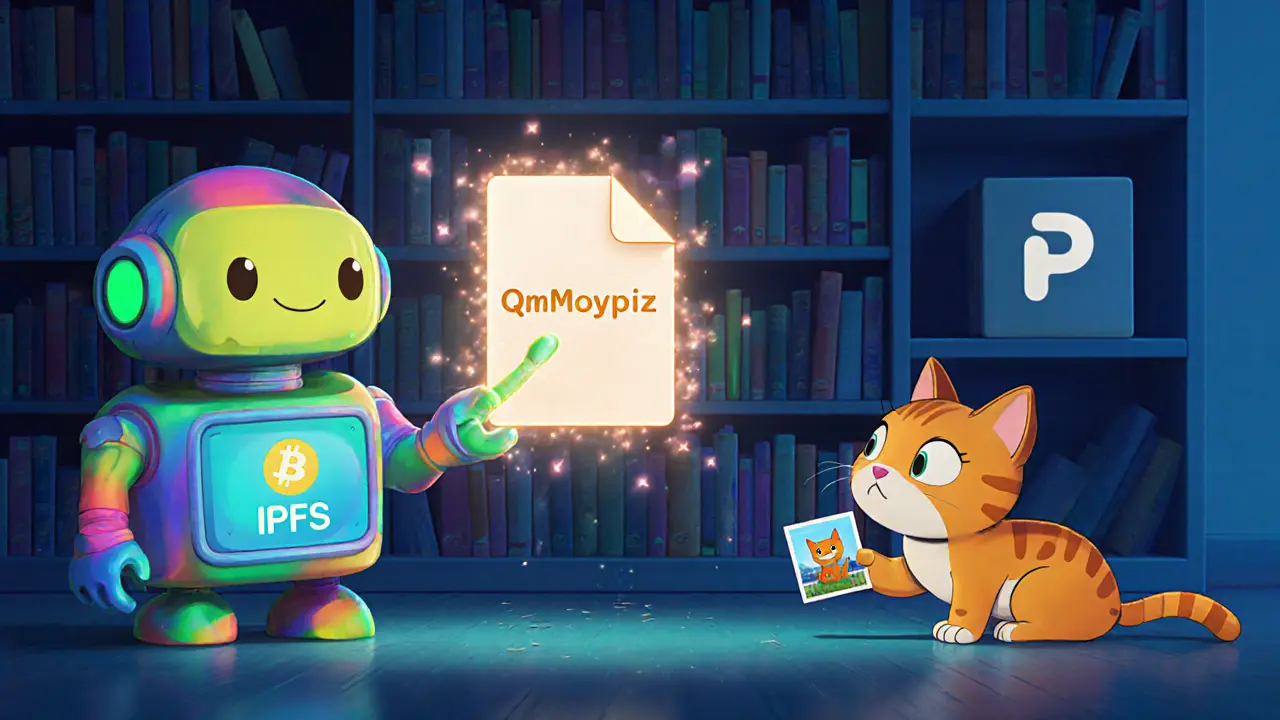Decentralized Storage: What It Is and Why It Matters in Crypto
When you store files on decentralized storage, a system that saves data across many computers instead of one central server. Also known as peer-to-peer storage, it removes the need for companies like Google or Amazon to control your files. This isn’t just a tech buzzword—it’s the backbone of how Web3 apps keep data alive when central servers go down.
Think of it like sharing a photo with 10 friends instead of uploading it to one cloud. If one friend deletes their copy, the photo still exists elsewhere. That’s how IPFS, a protocol that lets files be stored and retrieved by their content, not their location works. Projects like Filecoin, a blockchain-based network where users earn crypto for renting out unused hard drive space turn this idea into a real economy. You’re not just storing data—you’re paying for it with crypto, and getting paid if you contribute your own storage.
Why does this matter for crypto? Because if a decentralized app (dApp) relies on a single server, it’s not really decentralized. A DEX like Bluefin or a game like SoccerHub needs its assets, images, and rules to stay online forever—even if the company behind it vanishes. That’s where decentralized storage steps in. It’s what keeps NFT metadata, smart contract logs, and user profiles alive without a central point of failure. Without it, Web3 would just be apps with crypto wallets attached to cloud servers.
Some of the posts below dive into how this tech connects to real crypto projects. You’ll find reviews of exchanges that use decentralized storage to keep data secure, guides on how airdrops rely on IPFS for token metadata, and deep dives into why Bitcoin nodes and blockchain security depend on distributed systems. You’ll also see how regulators are starting to notice—when data can’t be deleted or controlled by one entity, it changes everything from taxes to censorship.
What you’ll find here isn’t theory. It’s what’s already being built, tested, and sometimes failed. Whether you’re trying to understand why your NFT image still loads after the website shut down, or how to store your own data without trusting a corporation—this collection gives you the real picture, not the hype.
IPFS vs Arweave vs Filecoin: Which Decentralized Storage Solution Fits Your Needs?
IPFS, Arweave, and Filecoin offer different ways to store data on the blockchain. IPFS is fast but temporary, Filecoin is flexible but requires ongoing payments, and Arweave offers permanent storage with a one-time fee. Here's how to choose.
- 18
- Read More
